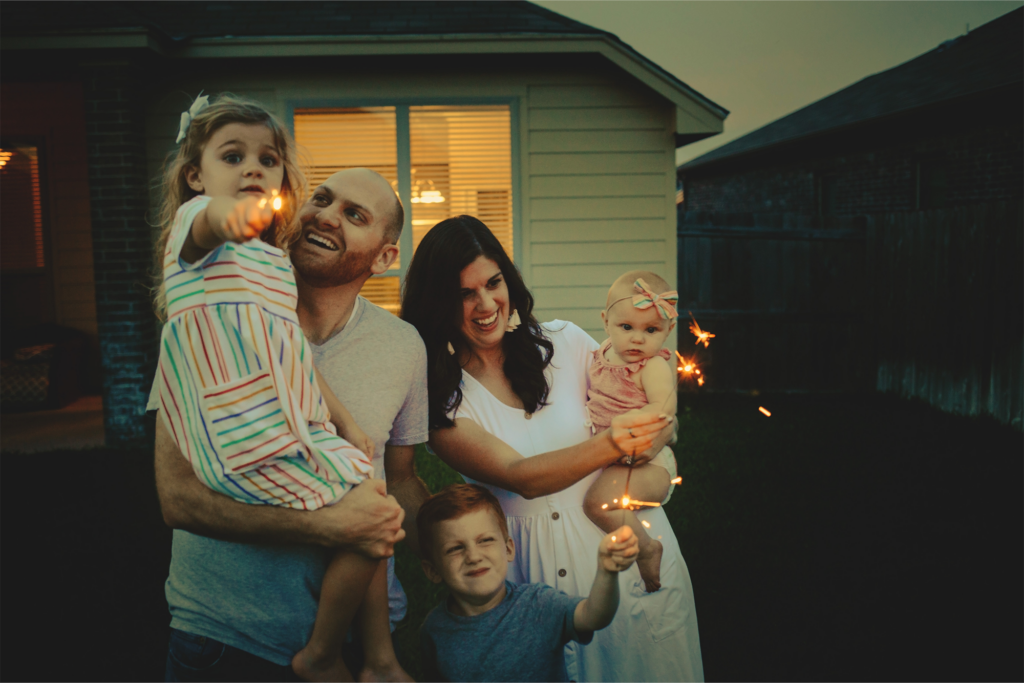Live Well, Work Well: Firework Safety

Fireworks are a staple of many Fourth of July and other celebrations, but remember to take precautions to ensure your special event is safe and accident-free.
Firework Safety: The Risks
Unfortunately, many people do not realize just how dangerous fireworks and sparklers can be—which is a primary reason that injuries occur. Fireworks can not only injure the users, but can also affect bystanders.
Bottle rockets and firecrackers can fly in any direction and may explode on or near someone instead of up in the air. Sparklers are also a huge risk, as they burn at very high temperatures and are often given to children too young to use them safely. All fireworks pose potential risks of burn, blindness and other injury.
Firework Safety: Tips for Safe Use
When using fireworks, always plan carefully in advance for who will shoot them and what safety precautions you will have in place. Here are some suggestions to ensure safety and avoid accidents:
Use fireworks and sparklers outdoors only.
Always have a hose or water bucket handy.
Only use fireworks as intended. Do not alter or combine them, and do not use homemade fireworks.
Keep spectators a safe distance away.
Never give sparklers to young children.
Wear safety goggles when handling or shooting off fireworks.
Do not shoot fireworks off if under the influence of alcohol.
Show children how to properly hold sparklers, how to stay far enough away from other children and what not to do(throw, run or fight with sparkler in hand)—but supervise closely, regardless.
Point fireworks away from people, homes, trees, etc.
Never try to relight a dud (a firework that didn’t properly ignite).
Soak all firework debris in water before throwing it away.
Do not carry fireworks in your pocket or shoot them from metal or glass containers.
For more Personal Lines resources, contact INSURICA today
This is not intended to be exhaustive nor should any discussion or opinions be construed as legal advice. Readers should contact legal counsel or an insurance professional for appropriate advice. ©2024 Zywave, Inc. All rights reserved







